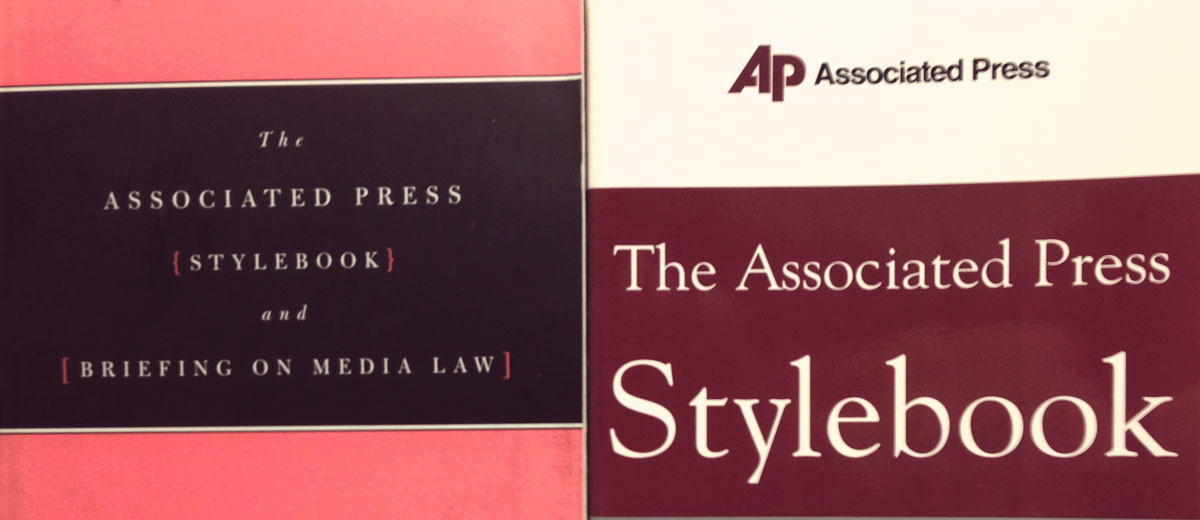The Internet really is changing the way we communicate. Or should that be the internet is really changing the way we communicate?
In 2000 I bought my first AP Stylebook and it dedicated an entire 5 pages to terminology related to the Internet. Last week Yahoo! announced that it is publishing its own stylebook for the Internet.
"The Yahoo! Style Guide: The Ultimate Sourcebook for Writing, Editing, And Creating Content For The Digital World" will hit stores on July 6, 2010
And today the AP stylebook made a splash:
@APStylebook Responding to reader input, we are changing Web site to website. This appears on Stylebook Online today and in the 2010 book next month.
According to Amazon's description of Yahoo's book: "The rapid growth of the Web has meant having to rely on style guides that are intended for print publishing, such as The Chicago Manual of Style, Strunk and White’s The Elements of Style, or The Associated Press Stylebook. But these excellent guides do not address writing for the Internet."
I've edited plenty of writing for print and for the web, and really all style guides aim for is consistency in communicating. It is good to see that the guides are evolving with the times to handle new forms of communicating. This is not only important for journalists and bloggers--written business communication can benefit greatly from concise, consistent form.
Manage Smarter notes that approximately 90 percent of today's business communication takes place electronically—primarily via e-mail. This means phone calls, meetings, and other forms of communication represent 10 percent or less of daily interactions with customers, colleagues, and business partners. As a result, virtually every employee must be a writer—whether or not they are prepared for the task at hand. And the fact is, many are not.
These style guides can be a good tool to supplement your writing skills with definitive answers to questions about how to properly cite things, capitalize phrases and more. For example, did you know that professional titles usually aren't capitalized? Even the president and the pope are lowercase (unless it immediately precedes the name of the individual who holds the position: The first Polish pope was Pope John Paul II.).
I may just be placing an order for Yahoo's book as a reference in addition to the two AP Stylebooks already on my book shelf. I had to double check my 2000 edition to confirm that it is "online" when referring to the computer connection term.







